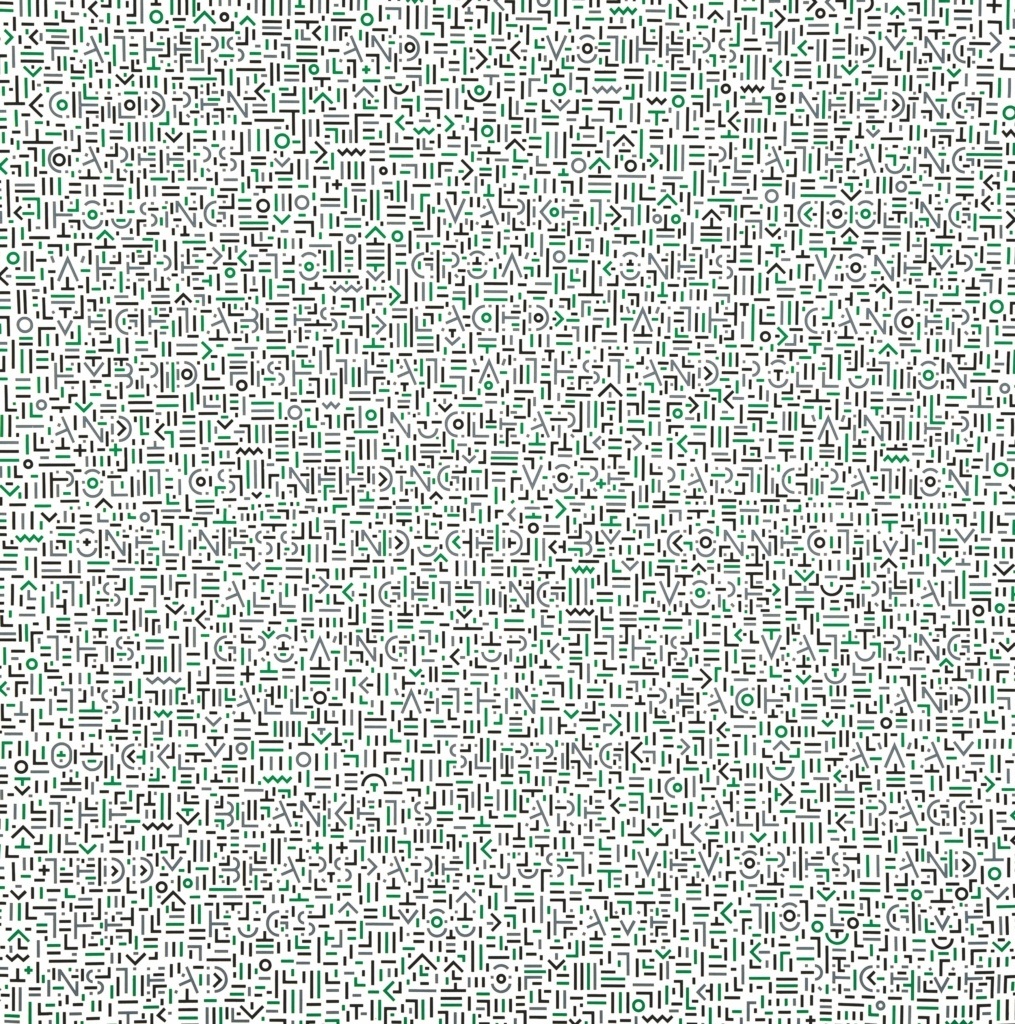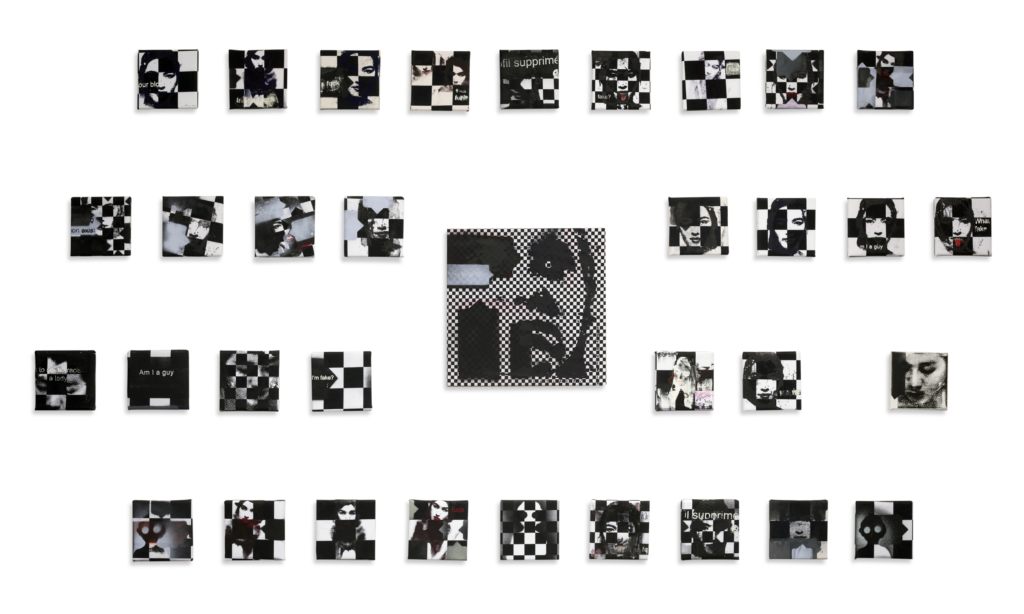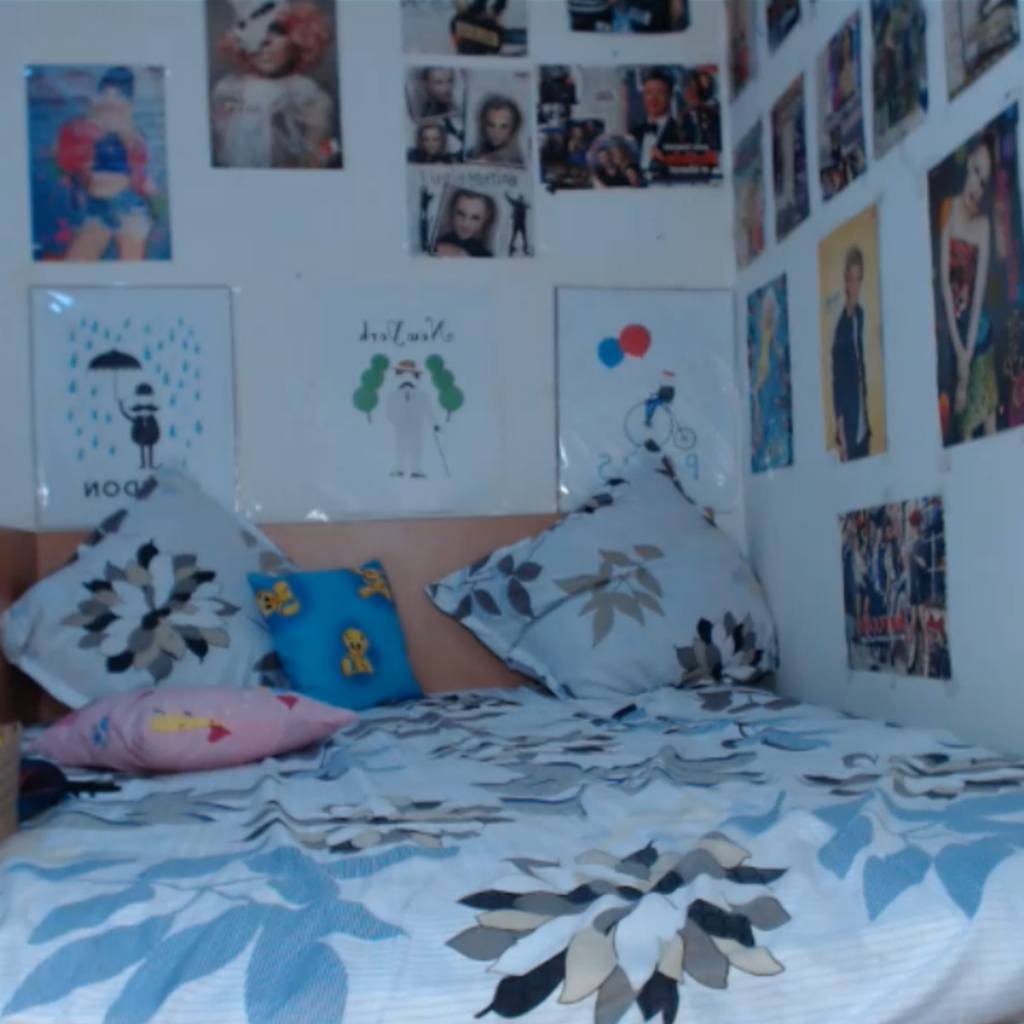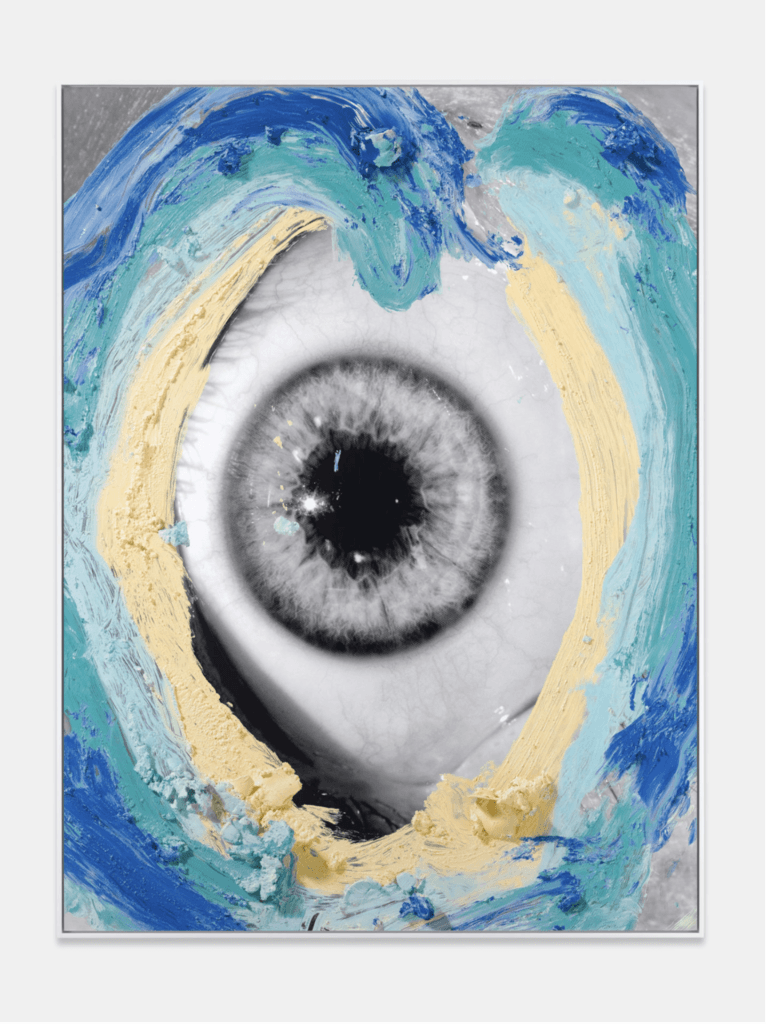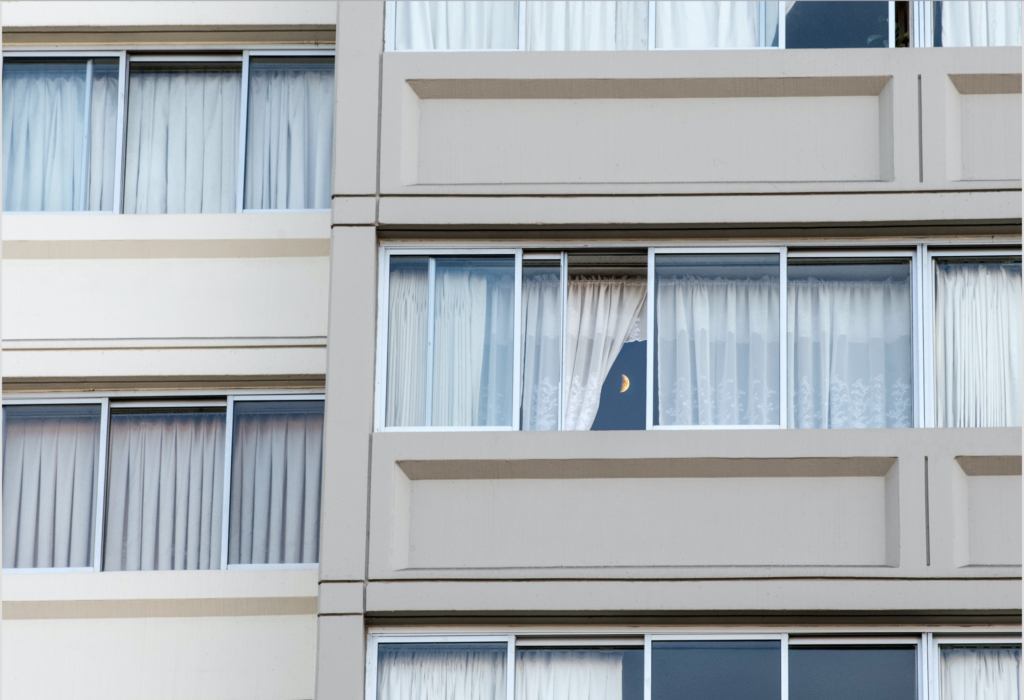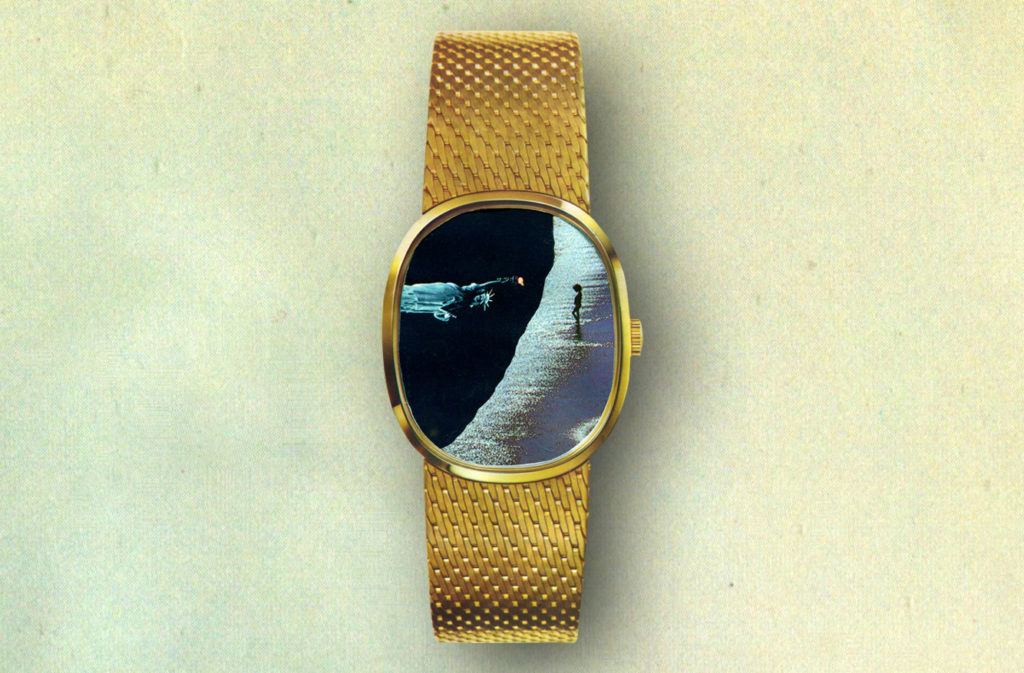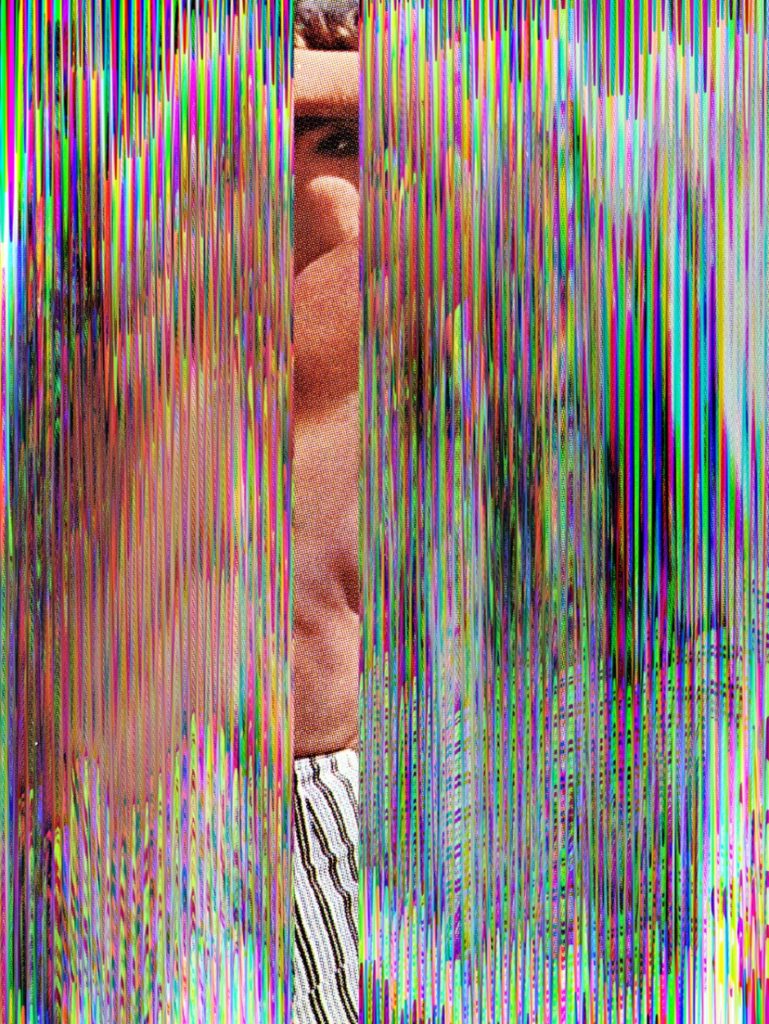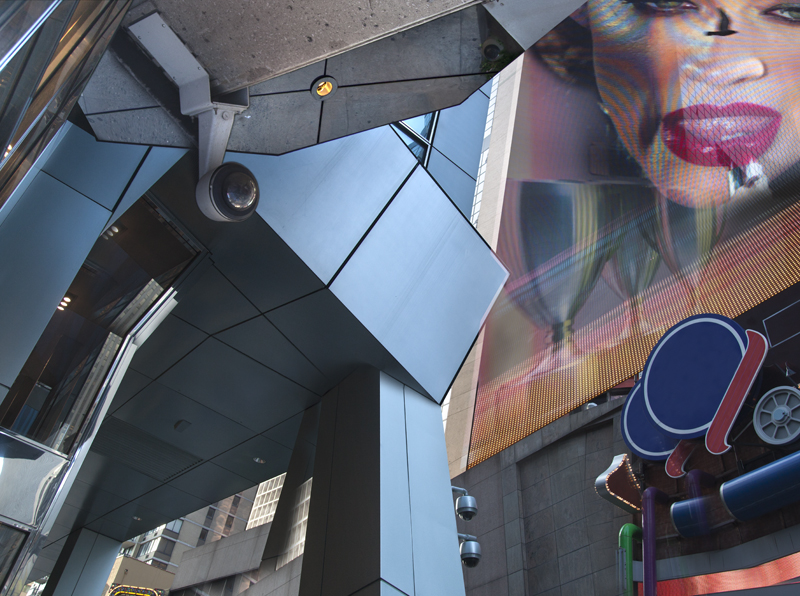Topics
Privacy
Defining and safeguarding what is not public
Speaking in Stickers
The use of WeChat in China is virtually mandatory and presumably monitored, which has driven a range of indirect forms of communication. Stickers, one prominent example, represent a front in a normalized, everyday struggle against opaque platform logic as well as other forms of surveillance.
Fair Game
Commonly used by researchers and journalists, data scraping dislodges data from one context and forces it into another, where we no longer control in any way how that data is used, what meanings are inferred from it, and whether its extended uses are accurate
Seeing Without Looking
Sidewalk Toronto is dead, but its legacy is instructive. It shows that surveillance systems aren’t so much documenting as producing a desired reality — and that erasing these images, rather than increasing privacy, only makes that constructed reality harder to audit
I’m Not There
For those who came of age with the social internet, a long digital trail lingers behind one’s every move. Memes that riff on the idea of “not being perceived” get at something deeper than they seem to: namely, a vision of the internet free from compulsory body awareness
Body Talk
Social media train us to go through life in constant anticipation of a potential audience. That’s as true for sex as it is for friendship, travel, eating, and “being oneself.” The spectacularization of sex, for those who don’t have it professionally, might seem like a new frontier for public living. But within this immersion lies the possibility of a perfect privacy.
Seen By
Social media platforms offer visibility features that show who is “lurking” on you. Because they offer the smallest possible units of attention — literally, “seen by” — they offer unlimited possibilities for narrativizing and mythologizing our relationships with others
Screen Protectiveness
My habits and tendencies are witnessed by algorithms that uses them to reconstitute me as a consumer. Allowing a human being access to that same material feels more uncomfortably intimate, even if I know it’s less harmful. When someone touches my phone or computer, I feel a frantic impulse to explain: I’m more willing to be exploited than I am to be judged.
Personal Panopticons
Once surveillance seems a fait accompli, then some measure of cynicism, apathy, or nihilism about privacy may present itself as a reasonable response. This suggests that pervasive surveillance helps produce people who are more at ease with it — people who no longer know what privacy is for or what socio-moral milieu could give it value.
Myself and I
We are different at school than at home, with family than with friends, but the nature of online communication tends to reduce us to the sum of our public profiles. That makes the alt account a powerful self-positioning tool. Our social media accounts may be limited forms of self-representation, but at least we can have more than one.
Minor Infractions
As a parent, surveilling your kid can feel both like a violation of their privacy and a safety imperative: You become complicit in removing their agency over what they wish to reveal, but also you are not the only one watching them. What’s worrisome isn’t the “trouble” a parent might discover their kid has gotten into so much as its persistence on their public record.
The Right to Have Remained Silent
In an era when we are all more public than we can know, journalists and editors need to balance reporting in the public interest against the consequences any exposure will have on their subjects. An exposed corrupt congressman gets what he deserves, but does the publicly incriminated rioter? Restraint is one of journalism’s cardinal virtues; the profession serves the public by not saying things too.
.
Indecent Exposure
Before sexual assault online was recognized as such, Lori Douglas was a family lawyer in Winnipeg, Canada, when her husband shared explicit pictures of her without her knowledge or consent. This began a long ordeal that saw her professionally reprimanded and publicly humiliated for his violation. Here, she talks about the experience.
The Spy Is a Camera
In offering you the chance to decide which tagged photos of yourself you want to show, social media sites offer you a feeling of control, as well as a chance to enjoy the idea of other people looking at you. This serves as compensation for a surveillance that many of us can’t imagine being able to escape.
